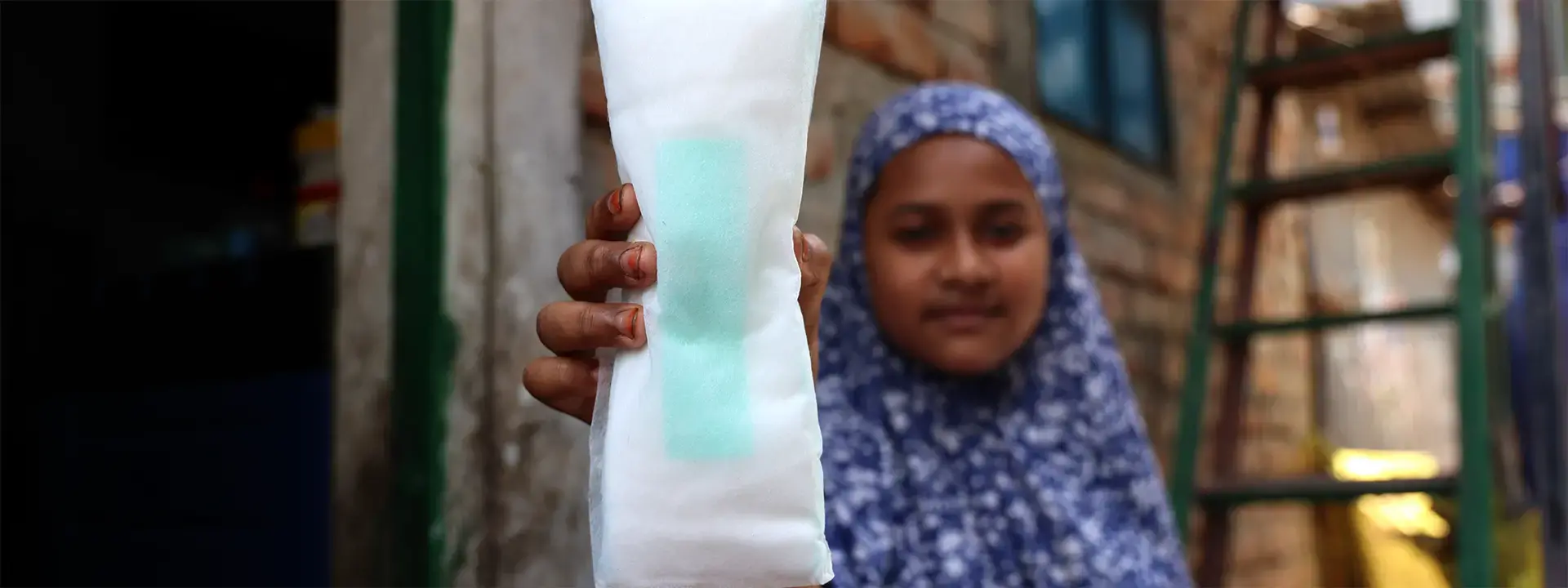Myanmar Crisis Regional Response
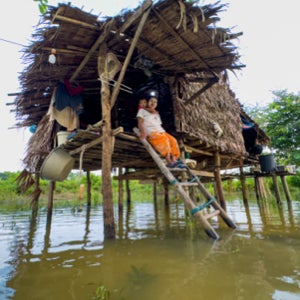 |
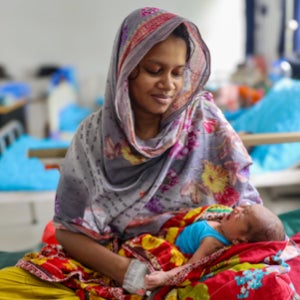 |
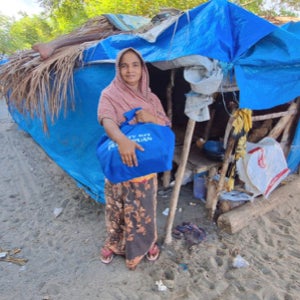 |
28.43 million
7.5 million
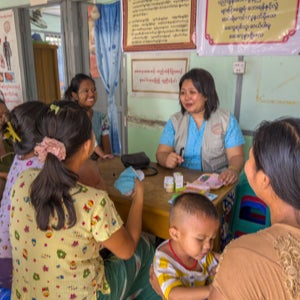 |
 |
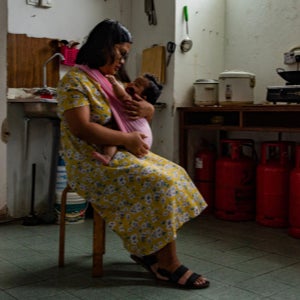 |
UNFPA's Regional Response to address the Myanmar Crisis
As the United Nations sexual and reproductive health agency, UNFPA calls on the global community to support its work on addressing the Myanmar crisis for 2025-2026.
This is a comprehensive plan developed by the UNFPA Asia-Pacific Regional Office to address the urgent needs of displaced women and girls from Myanmar, wherever they are, including refugees and displaced populations with diverse legal statuses in Bangladesh, India, Indonesia, Malaysia and Thailand.
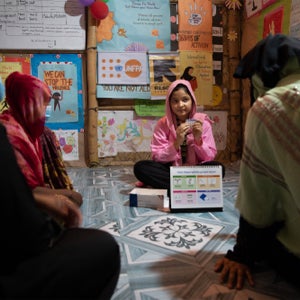 |
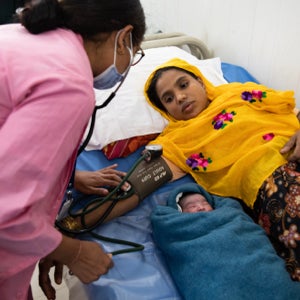 |
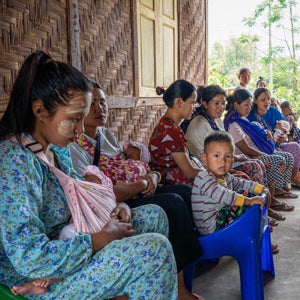 |
Expected outcomes at country-level:
- Sexual and reproductive health services: Capacity of healthcare providers strengthened, access to contraceptives and maternal health services improved, and referral pathways established.
- Gender-based violence prevention and response: Case management, integrated mental health and psychosocial support services and legal assistance provided to survivors, and capacity of frontline service providers strengthened.
- Youth empowerment: Comprehensive sexuality education and life-skills training provided to young people to foster youth leadership and build resilience.
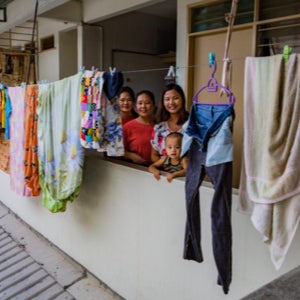 |
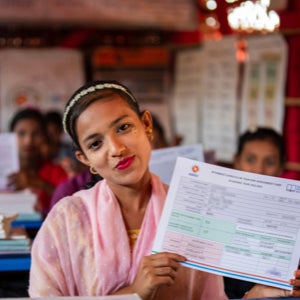 |
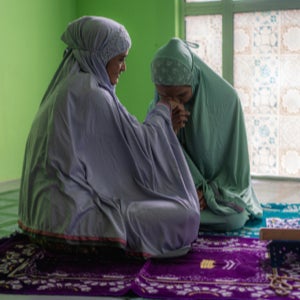 |
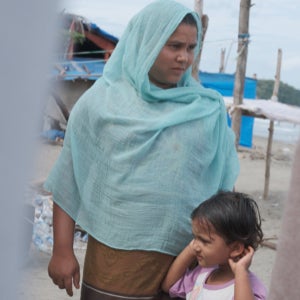 |
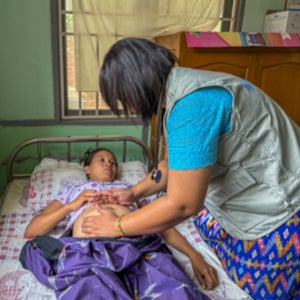 |
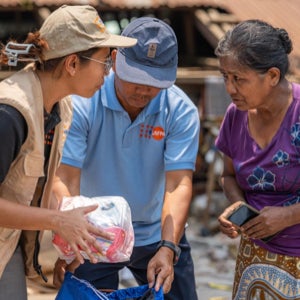 |
Prevent 1400 pregnancy and childbirth
related deaths
Avert 7,400 stillbirths
Save the lives of 16,500 newborns
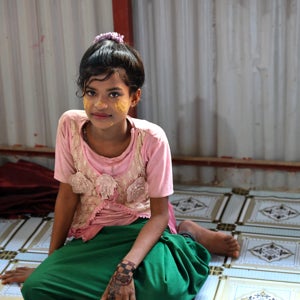 |
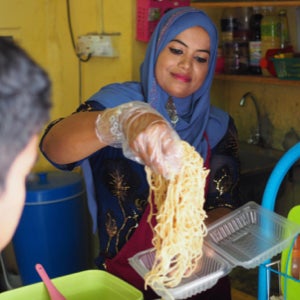 |
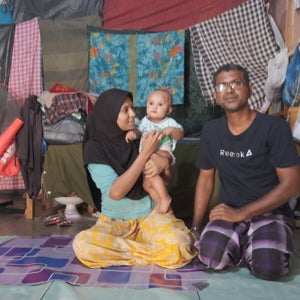 |
The regional strategy represents a critical step towards addressing the complex and multifaceted needs of Myanmar refugees and affected populations. By focusing on the health, safety, and dignity of women and girls, and their access to lifesaving services, this coordinated regional approach aims to improve the health, well-being, and protection of those affected by the crisis. Sustained commitment and collaboration of all partners, as well as adequate funding, is essential for successful implementation of the strategy.
Together, we can make a difference in the lives of Myanmar women and girls, wherever they are.
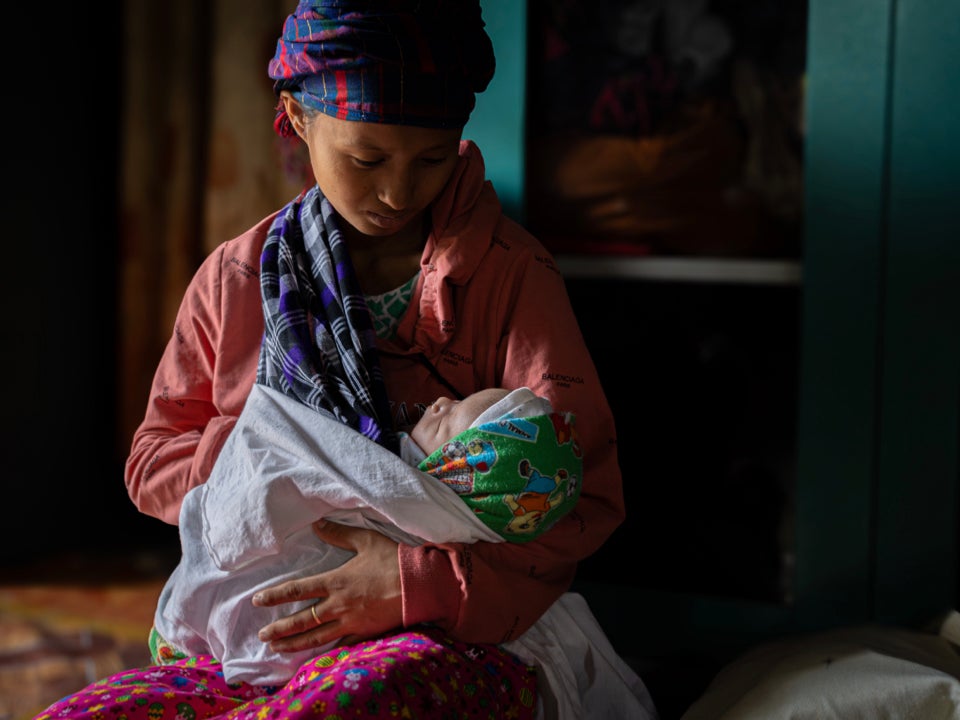
For more information, contact:
Samadhi Selena Marr
Myanmar Crisis Regional Response Coordinator
Asia and Pacific Regional Office
marr@unfpa.org


